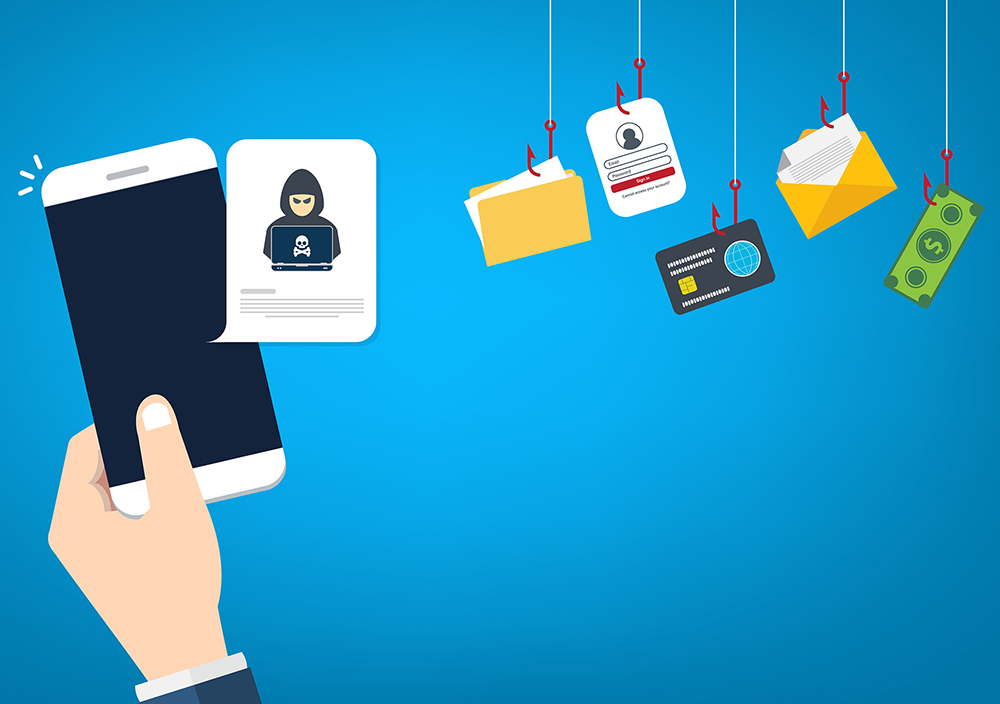
By now you probably know not to click on links that arrive unexpectedly via email (Phishing) or text (Smishing), but how about an old-fashioned telephone scam? As people have become more educated on cybersecurity, criminals are turning to alternative scamming methods, including the telephone scam.
What is Vishing?
Vishing is the telephone-based scam that has even the most tech-savvy consumers falling victim. Vishing scams rely heavily on manipulation and social engineering to get potential victims to give up personal information such as PINs, Social Security numbers, credit card security codes, and passwords. Criminals typically pretend to be from an official organization such as a bank or the government and use “caller ID spoofing” which allows them to make phone calls that appear to be from legitimate organizations. Vishing calls can be from a live person, robot, or both. With so many variables, it’s imperative to stay alert and keep your information protected.
Common vishing scams include:
- Supposed fraud or suspicious activity on your bank account
- Overdue or unpaid taxes to the IRS
- Fake computer or IT support
- Fake government agency
How to avoid vishing scams:
- Never answer a call from an unknown number. Picking up may alert the scammer that the number is active and may lead to more calls down the road. Instead, let the call go to voicemail. If the scammer leaves a message, it will give you time to vet out the caller properly.
- If you do answer, never give your personal information. Banks and government institutions will never ask for personal information over the phone. If you are asked for personal information or feel uncertain to the legitimacy of the call, hang up and call back after crossing referencing the number online or on the back of your credit card. It is worth noting that government institutions like the IRS almost exclusively communicate by mail or occasionally email.
- Don’t trust Caller ID. As mentioned above, scammers can use “caller ID spoofing” to make calls appear to come from a legitimate source. While the call may be legitimate, keep your guard up and remember never give out personal information over the phone.
Again, keep in mind that River City Bank will never ask for your personal information by email or text. Your personal and financial security is our top priority. Should you have any questions or concerns regarding your account information or communication you have received from River City Bank, please do not hesitate to reach out to a customer service representative at (916) 567-2899 or (800) 564-7144.



